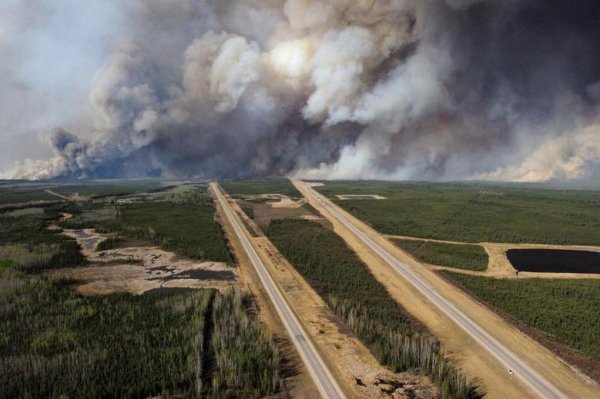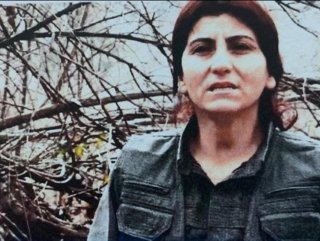More than 10,000 people have fled communities in the Canadian province of Alberta as of Friday and hundreds of firefighters were battling blazes.
WILDFIRES FORCE
Many evacuees are members of Indigenous and Metis communities and a significant number have lost more than their homes.
“It’s like a burnt piece of toast up there,” said Blake Desjarlais, a member of the Metis Settlements General Council. “The whole land has been scorched traplines destroyed, waterways destroyed, people’s hunting cabins, fishing cabins, livestock assets (destroyed).”
There were 29 actives fires in Alberta on Friday, with 10 burning out of control. Smoke has resulted in poor air quality in the province, while smoke also drifted into five US states, in some cases causing unhealthy air.

Meanwhile, in the north of the province of Ontario, a third military aircraft and two helicopters were sent Friday to help evacuate people from the Pikangikum First Nations. Earlier, the community declared a state of emergency as it was threatened by a 3,000-hectare (7,500 acre) forest fire. Researchers said climate change will make fires more common in Canada. “We have to learn to live with fire,” said Mike Flannigan, a professor of wildland fire at the University of Alberta, as he predicted a “hot, smoky future” for Canadian summers.
About 3.4 million hectares (8.4 million acres) of land fell to wildfires in 2017. In April, the new Canadian Changing Climate Report found the country is warming at twice the rate of the rest of the world.













